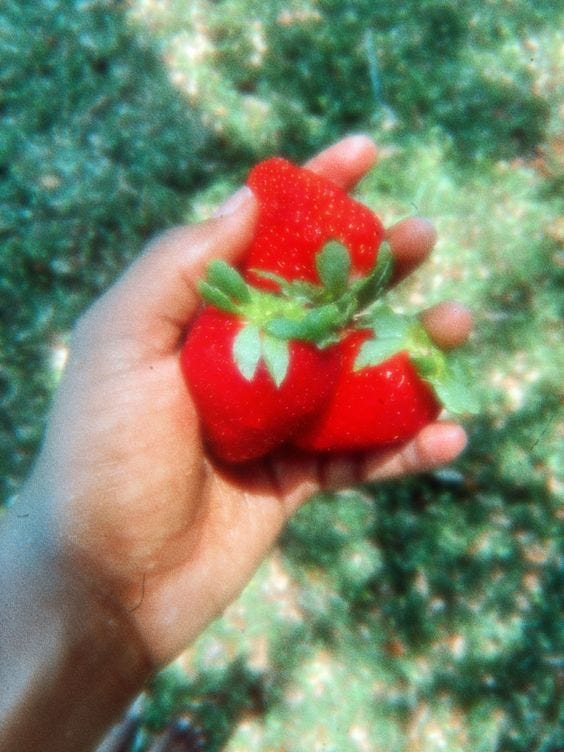Hello dear ones,
Mother’s Day has always been a hard day for me and yesterday was no exception. And so I wanted to reshare last year’s newsletter: “To the Mother-Less,” with a new section at the end. Content note: parental death and abortion.
A few reminders before we …
Keep reading with a 7-day free trial
Subscribe to CARESCAPES to keep reading this post and get 7 days of free access to the full post archives.




